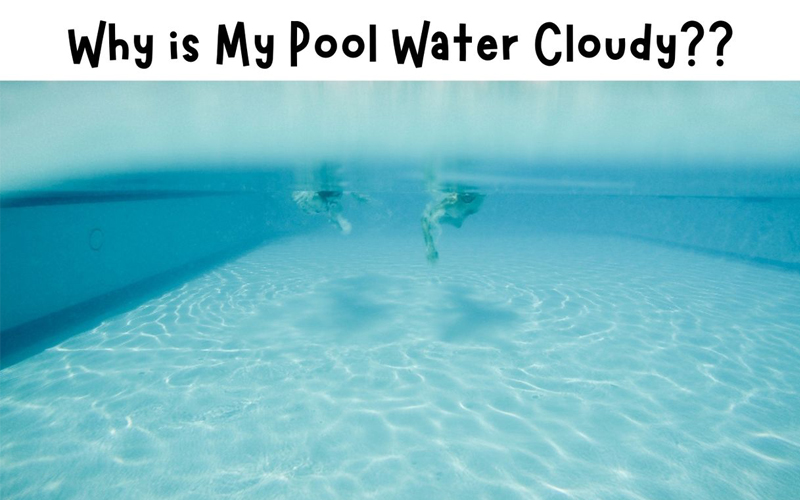Having a beautiful pool is a dream for many homeowners. However, dealing with cloudy pool water can quickly turn that dream into a nightmare. Cloudy water not only looks unappealing, but it can also indicate underlying issues that need to be addressed. In this article, we will explore some of the common reasons why your pool water may become cloudy and provide tips on how to fix and prevent this problem.
1. Poor Filtration
One of the primary causes of cloudy pool water is poor filtration. Your pool’s filter is responsible for removing debris, dirt, and other impurities from the water. When the filter is not functioning correctly, it fails to effectively clean the water, leading to cloudiness. Regularly cleaning and maintaining your pool’s filter is essential to ensure proper filtration.
2. Unbalanced Water Chemistry
Another common culprit for cloudy pool water is unbalanced water chemistry. The pH level, alkalinity, and sanitizer levels in your pool must be properly maintained. High pH or alkalinity levels can cause cloudiness as well as scale formation on pool surfaces. Low sanitizer levels, such as chlorine, can result in bacterial growth, leading to cloudy water. Regularly testing and adjusting your pool’s water chemistry is crucial to prevent cloudiness.
3. Insufficient Circulation
Adequate circulation of water is necessary to prevent cloudy pool water. When the water is stagnant, pollutants and debris settle at the bottom, causing the water to become cloudy. Ensure that your pool pump is running for the recommended amount of time each day to maintain proper circulation.
4. Environmental Factors
Environmental factors such as rain, wind, and pollen can contribute to cloudy pool water. Rainwater carries contaminants into the pool, while wind can blow debris and dust into the water. Pollen can also make its way into the pool, leading to cloudiness. Regularly skimming and cleaning the pool surface, as well as using a pool cover, can help reduce the impact of these environmental factors.
5. Lack of Regular Maintenance
Maintaining a pool requires regular care and attention. Neglecting regular cleaning, vacuuming, and skimming can allow dirt and debris to accumulate, leading to cloudy water. It is important to establish a consistent maintenance routine to keep your pool clean and clear.
6. Presence of Algae
Algae growth is a common problem in pools, especially when there is an imbalance in water chemistry or inadequate sanitization. Algae can turn pool water green or cloudy. Regularly shocking the pool and using algaecide can help prevent algae growth and maintain clear water.
7. Use of Low-Quality Chemicals
The quality of chemicals used to treat your pool can also impact its water clarity. Using low-quality chemicals can result in ineffective water treatment, leading to cloudiness. It is advisable to invest in high-quality pool chemicals that are specifically designed for maintaining water clarity.
Frequently Asked Questions
Final Words
Cloudy pool water can be frustrating, but by understanding the common causes and taking appropriate measures, you can easily overcome this issue. Regular maintenance, proper filtration, balanced water chemistry, adequate circulation, and the use of high-quality chemicals are essential for maintaining crystal-clear pool water. Don’t let cloudy water ruin your pool experience, take action and enjoy a sparkling clean pool all season long!





